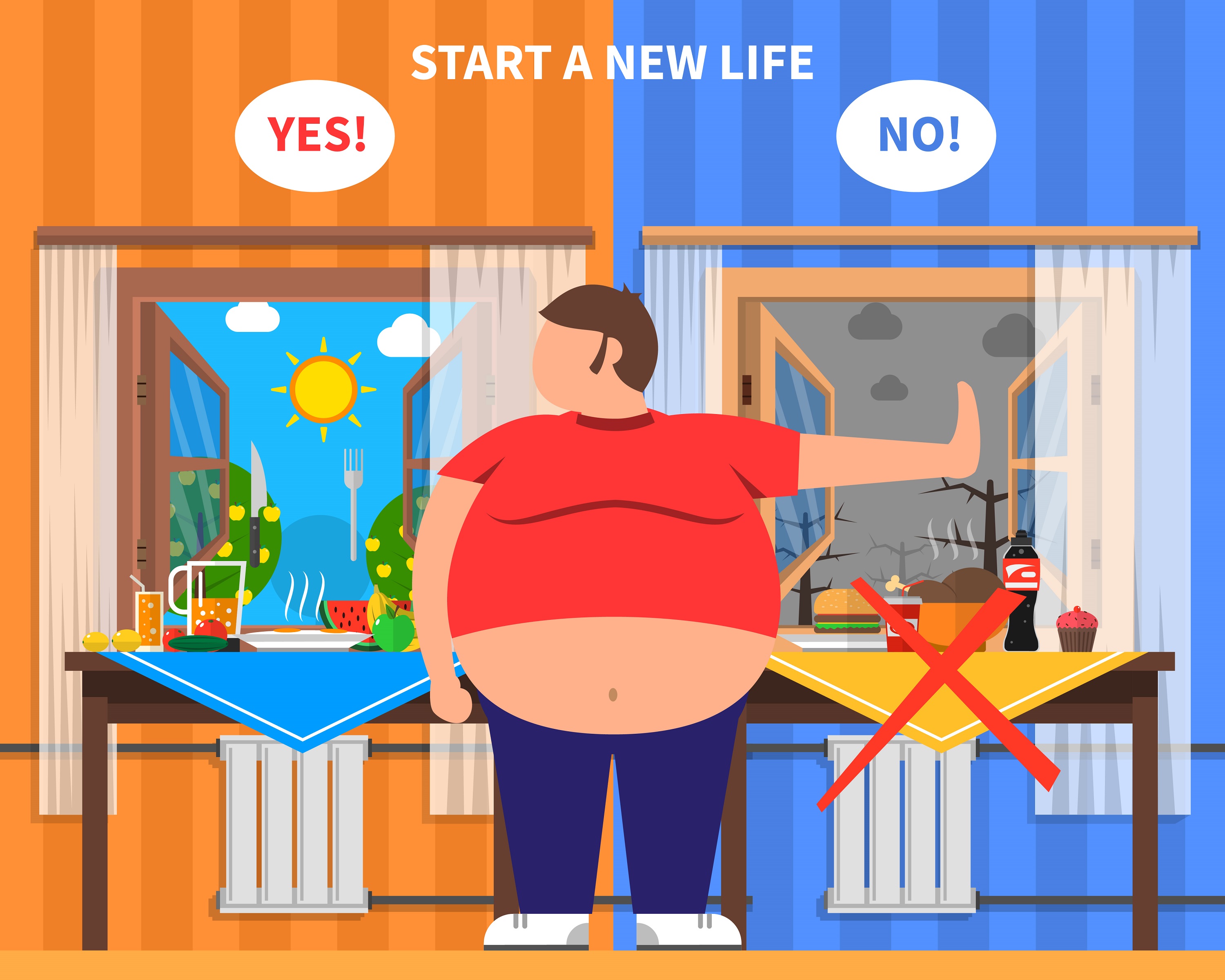 Does old age mark the end of physical fitness? If you retire from work, with reduced responsibilities, does it mean you can retire from exercise as well? At any given age, physical fitness and exercise play a crucial role in leading a healthy lifestyle, especially for senior citizens. Whether you’re young or old, working out and keeping yourself active shouldn’t stop as exercise is important even when you’re a senior citizen.
Does old age mark the end of physical fitness? If you retire from work, with reduced responsibilities, does it mean you can retire from exercise as well? At any given age, physical fitness and exercise play a crucial role in leading a healthy lifestyle, especially for senior citizens. Whether you’re young or old, working out and keeping yourself active shouldn’t stop as exercise is important even when you’re a senior citizen.
Here are a few benefits of working out for Senior Citizens
- Prevents Diseases & Chronic Conditions: Being regular with any kind of physical activity helps keep away diseases like diabetes, heart ailments and cancer.
- Reduced Risk of Fall: With old age, the risk of falling increases, which can have a disastrous effect on being independent. Exercise improves the strength and flexibility of the body and as a result, it improves balance and coordination.
- Improved Mental Health: Exercise induces endorphins – the happy hormone, which helps to feel good and keeps stress away. Exercise has a direct impact on sleep. Insomnia and disrupted sleep patterns which are common aspects with senior citizens is taken care of with regular exercise.
- Social Engagement: Responsibilities reduce with age and so does the social life. Being regular with any kind of activity, be it yoga or a laughter club, helps to interact with people of the same age with similar problems. Now, they have their own tribe and this brings in confidence as it deals with depression and loneliness.
- Better Cognitive Function: Fine-tuned motor skills improve cognitive functions which lower the risk of deteriorating memory, thinking, behavior and the ability to perform daily activities.
- Keeps Weight in Check: Metabolism slows down in old age and as a result, losing weight becomes a challenge. Regular exercise helps in increasing metabolism and losing weight.
Get Started With an Activity
- Walking: Be it brisk walking or a stroll in the park, walking improves stamina and makes you feel good!
- Yoga: It helps in improving flexibility and mental health.
- Workout at Fitness Studios: Use body weight to keep fit and meet like-minded people!
- Swimming: Ideal for those having aching joints as it is not weight bearing. Swimming will help you tone your body and improve stamina.
- Cycling: Low impact sport which is good for the cardiovascular system.
- Resistance Bands: Improves muscle strength, balance, coordination and range of motion.
- Laughter Clubs: Laughter is the best medicine. Visiting laughter clubs will help you stay positive and stress-free.
Points to be Kept in Mind:
- Get a clearance from your Doctor about your fitness regime
- Start with warm ups and end with cool down to prevent injuries
- Always start slow and gradually increase the intensity
- At any point if discomfort or pain is felt, stop immediately and consult your Doctor
Nutrition for Senior Citizens
Eating the right food in old age is very important as weak bones, lower immunity, poor digestion are all a part of the routine. Hence, eating healthy is very important.
Tips for Healthy Eating:
- Have five to six small meals during the day to help in better digestion and absorption
- Since appetite reduces with age, care should be taken to include sufficient proteins like whole grains, eggs, milk products, chicken, fish, etc.
- Eat a good amount of fruits as they are rich in antioxidants
- Including salads helps to keep constipation at bay due to their fiber content
- Stay hydrated with sufficient amount of water
- Avoid processed food
Eating right and exercising can help you stay youthful and active even in old age! We hope this article helps. Leave your thoughts in the comments below!
For more on healthy living, check out Healthy Reads. To get the right tips and guidance from an expert, subscribe for GOQii’s Personalised Health Coaching here.
Wish you all a Happy and Healthy Senior Citizens Day!
#BeTheForce

 Belly fat! A large section of people in this world are obsessed with their body and more so belly fat. They might be pushing themselves with exercise or following a particular diet plan but are still unable to rid themselves of it. The reasons behind not being able to burn belly fat may be excessive use of sugar and fats. This in turn results in weight gain through
Belly fat! A large section of people in this world are obsessed with their body and more so belly fat. They might be pushing themselves with exercise or following a particular diet plan but are still unable to rid themselves of it. The reasons behind not being able to burn belly fat may be excessive use of sugar and fats. This in turn results in weight gain through 



